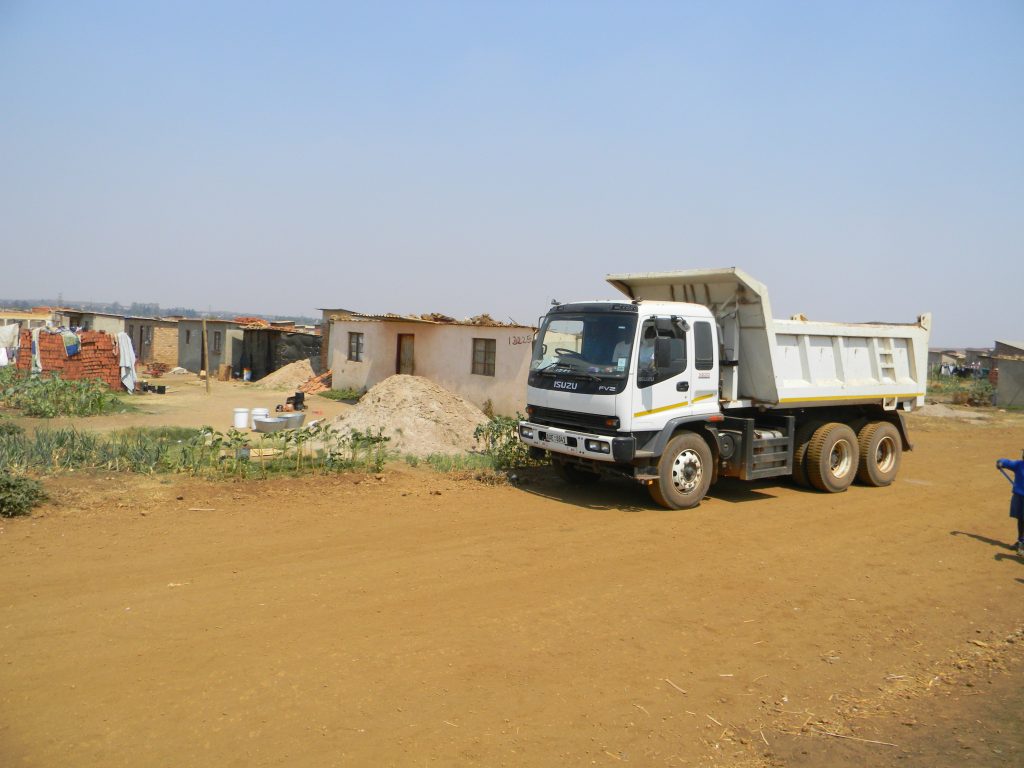
In the aftermath of the 2006 conflict between Israel and Hezbollah, the USAID-financed livelihoods recovery SABR program was launched in response to the immediate needs of the heavily damaged agriculture sector – the key source of employment and productivity in southern Lebanon. Due to an existing presence on the ground and long-standing relationships with local municipalities, the SABR program team – comprised of American Near East Refugee Aid (ANERA), DIG, and the Association for the Development of Rural Capacities (ADR) – was able to quickly and effectively respond to the crisis. By rebuilding critical agricultural infrastructure, SABR improved the economic livelihoods of thousands of families and hundreds of communities in Bint Jbeil, Tyre, Nabitya, Saida, and Marjyoun – the locations most directly affected by the bombings.
As a result of these activities, SABR accomplished the following:
- Improved the economic livelihoods of 24 communities, 82,582 direct beneficiaries and 315,500 indirect beneficiaries.
- Generated 33,074 hours of direct, immediate employment for cash-strapped households.
- Implemented 34 high-impact infrastructure rehabilitation projects in rural, agriculture dependent communities.
Related Projects
- Accountable Democratic Action (ADA) through Social Cohesion
- Dakar Municipal Finance Program
- ECAP I & II – Emergency Capacity Assistance Program
- Emergency Community Assistance and Planning (ECAP) for Shelter and Settlement in Post-Earthquake Haiti
- Global Program for Inclusive Municipal Governance (GPIMG)
- Haiti Rebati Facility
- Housing Finance for the Poor (HFP)
- Liberia Collaborative Support for Health Systems Strengthening
- Microfinance Training of Trainers (TOT) for USAID-Iraq
- Microfinance Training of Trainers for USAID-Iraq (IZDIHAR)
- Municipal Waste Recycling Program (MWRP)
- Southern Agriculture and Business Recovery (SABR)
- Urban Advisory Program
- Urbis – Urban Capacity Learning Laboratory
